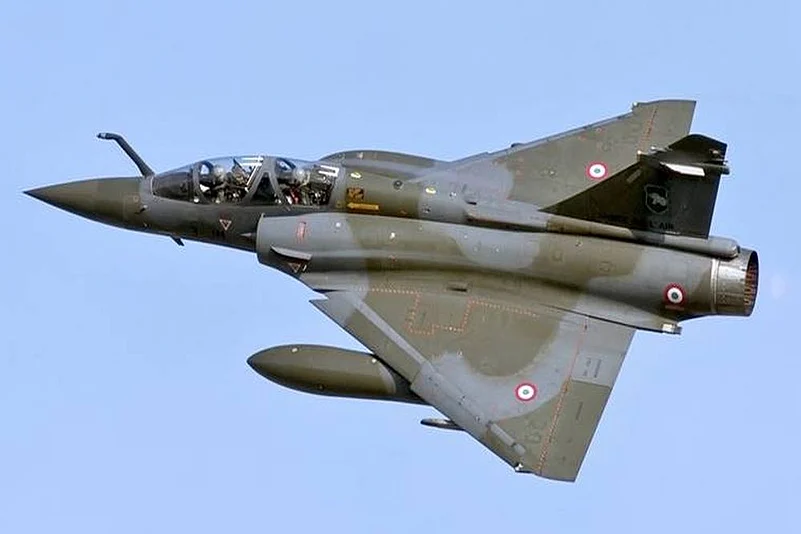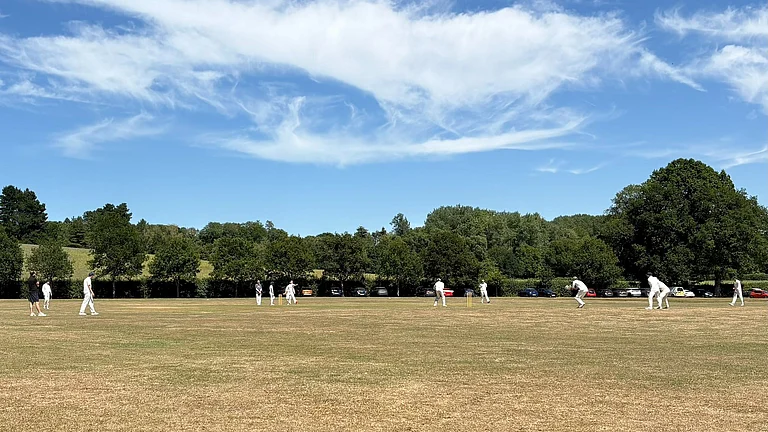Yousuf Azhar, who headed the Balakot-based Jaish-e-Mohammad terror camp destroyed by Indian fighter jets in a pre-dawn strike Tuesday, is wanted by the CBI in the IC-814 hijacking case with a pending Interpol red corner notice against him since 2000, officials said.
The red corner notice was issued on the request of the CBI against seven accused in the hijacking of the Indian Airlines plane from Kathmandu to Kandahar in southern Afghanistan on December 24, 1999 -- Yousuf Azhar, Ibrahim Athar, Sunny Ahmed Qazi, Zahoor Ibrahim, Shahid Akhter, Sayed Shakir and Abdul Rauf, they said.
Foreign Secretary Vijay Gokhale, while briefing the media on the "intelligence-led operation" on the Pakistan-based terror group's biggest training camp in Balakot, said the facility was headed by Yousuf Azhar alias Ustad Ghouri.
Brother-in-law of Jaish chief Masood Azhar, Yousuf Azhar with red corner notice number A-565/6-2000 and Rauf with notice number A-566/6-2000 are key conspirator in the Kandahar plane hijack case.
Masood Azhar and two other dreaded terrorists Mushtaq Ahmed Zargar and Ahmed Omar Syed Sheikh were released in exchange of the 154 hostages aboard Flight 814 on December 31, 1999 by the then BJP-led NDA government.
India has been seeking extradition of these accused from Pakistan under the SAARC and the Hague agreements under which Islamabad has the obligation to extradite them, according to CBI sources.
Born in Karachi, Yousuf is fluent in Urdu and Hindi and also uses the alias of Mohammed Salim. He is believed to be working closely with Masood Azhar, whose organisation was behind the Uri and Pulwama attacks on Indian security forces.
The CBI, which had approached the Pakistani authorities through the Ministry of External Affairs, seeking the extradition of five persons, has, however, not received any response.
The Indian Air Force fighter jets carried out pre-dawn air strikes on terror camps across the Line Control in the Pakistani side, 12 days after Jaish-e-Mohammed terror group carried out the dastardly Pulwama attack in Kashmir.
The operation, described as a non-military, preemptive strike, was welcomed by the entire political spectrum and military experts who had been advocating retribution after the February 14 suicide attack on a CRPF convoy in Pulwama claimed by JeM.
Forty CRPF personnel were killed and five injured on February 14 in one of the deadliest terror strikes in Jammu and Kashmir when a suicide bomber rammed his explosive-laden vehicle into their bus in Pulwama district in Jammu and Kashmir.
The bus was part of a convoy of 78 vehicles carrying Central Reserve Police Force (CRPF) personnel from Jammu to Srinagar. More than 2,500 Central Reserve Police Force personnel, many of them returning from leave to rejoin duty in the Valley, were travelling in the convoy.
The attack was the worst-ever attack in Jammu and Kashmir since militancy erupted in the state in1989.
PTI


























